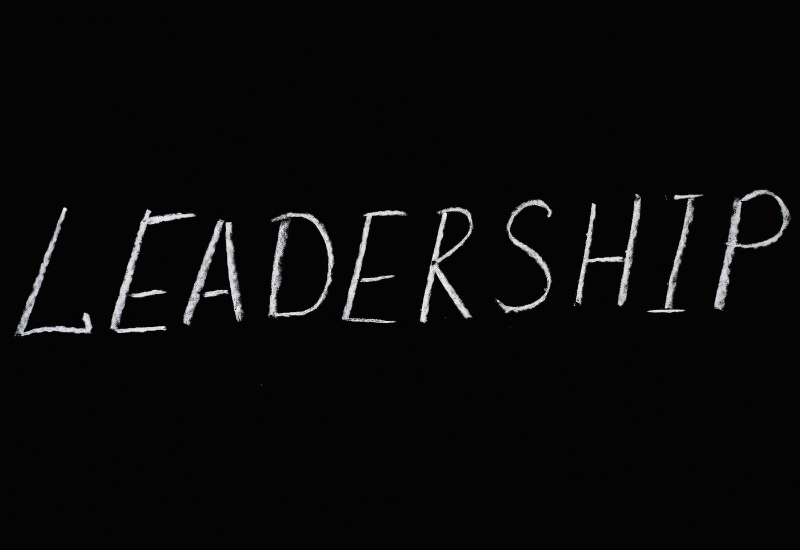Management is a multifaceted discipline, and effective leadership is essential for the success of any organisation. However, the landscape of management is often riddled with misconceptions that can hinder growth, productivity, and employee morale. In this SEO-optimised article, we will debunk some of the most prevalent management misconceptions and shed light on the principles of effective leadership.
Misconception 1: Micromanagement Yields Better Results
One of the most pervasive misconceptions in management is the belief that micromanaging employees leads to better results. In reality, excessive oversight can stifle creativity, demotivate employees, and erode trust. Effective leaders trust their teams to perform their tasks competently and provide guidance when necessary.
Misconception 2: Leadership is Synonymous with Authority
Leadership is often equated with holding a position of authority. While authority can be a component of leadership, it is not the essence of it. True leadership is about inspiring, motivating, and guiding individuals to achieve common goals. It’s about influence, not just control.
Misconception 3: Leaders Have All the Answers
Another misconception is that leaders must have all the answers. In reality, effective leaders are not expected to be omniscient. They value input from team members and seek collaborative solutions. Acknowledging that others may have valuable insights fosters a culture of innovation and inclusivity.
Misconception 4: The More Hours You Work, the More Effective You Are
The belief that working longer hours equates to greater effectiveness is a fallacy. Burnout, decreased productivity, and health issues often result from overworking. Effective leaders prioritise work-life balance, encouraging their teams to do the same, which ultimately leads to better performance.
Misconception 5: Avoiding Conflict is Best
Many managers avoid conflict to maintain a harmonious work environment. However, constructive conflict can lead to better decision-making and innovation. Effective leaders embrace healthy conflict, creating a safe space for open discussions and diverse viewpoints.
Misconception 6: Leadership is Innate and Unchangeable
Leadership is not solely an innate trait; it can be developed and refined over time. Anyone can become an effective leader with the right guidance, self-awareness, and dedication to improvement. It’s a continuous journey of learning and growth.
Misconception 7: Focus Solely on Results
While results are crucial, an exclusive focus on them can neglect the well-being and engagement of employees. Effective leaders understand that nurturing a positive workplace culture, employee development, and job satisfaction are integral to achieving sustainable results.
Misconception 8: The Loudest Voice is the Most Influential
Volume does not equate to influence. Effective leaders do not dominate discussions with their voice but actively listen to others. They value diversity of thought and encourage introverted team members to share their insights.
Misconception 9: Promotions are Solely Based on Seniority
Promoting solely based on seniority can lead to the placement of individuals in leadership positions who may not possess the necessary skills or qualities. Effective leaders consider merit, skills, and leadership potential when making promotion decisions.
Misconception 10: Leaders Should Never Show Vulnerability
Some believe that leaders should always appear strong and invulnerable. However, showing vulnerability can build trust and authenticity. Effective leaders are not afraid to admit mistakes, seek feedback, and share their challenges.
Conclusion
Management and leadership are dynamic disciplines that require continuous learning and adaptation. Dispelling these common misconceptions is a significant step toward becoming a more effective leader. Leadership is about inspiring and empowering individuals, fostering collaboration, and achieving shared goals. By embracing these principles and discarding outdated beliefs, leaders can pave the way for more productive, innovative, and harmonious workplaces. Effective leadership is not about clinging to misconceptions but about evolving and improving to meet the demands of an ever-changing world.
